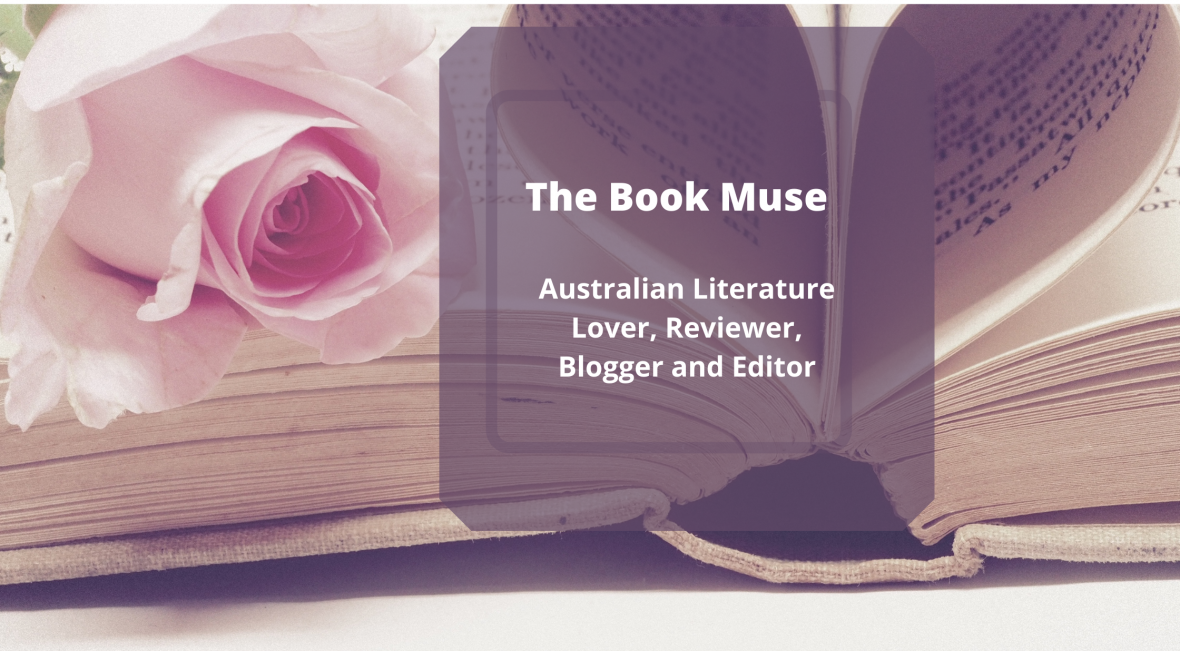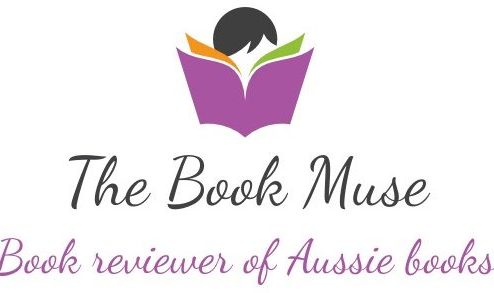 Title: Skin in the Game: The Pleasure and Pain of Telling True Stories
Title: Skin in the Game: The Pleasure and Pain of Telling True Stories
Author: Sonya Voumard
Genre: Non-fiction/Essays
Publisher: Transit Lounge
Published: 1st March 2018
Format: Paperback
Pages: 224
Price: $27.99
Synopsis: Stella Prize long-listed author Sonya Voumard’s Skin in the Game is original, incisive and hugely entertaining. The daughter of a European refugee mother and a journalist father, Voumard recounts with aplomb her passionate but questioning relationship with journalism and the nature of the interview. There’s a disastrous 1980 university encounter with Helen Garner which forms the seed for her fascination with the dynamics of the interview and culminates in her connecting again with Garner more than three decades later to work out what went so wrong. There are the insights of a career played out against the changing nature of journalism including the author’s time as a Canberra correspondent. And there are revealing and tender portraits of Kings Cross, of growing up in suburban Melbourne, her father’s love of journalism, and a family journey to the Bonegilla Migrant Reception Centre where her mother’s Australian life began.
Throughout it all Voumard is a sharpshooter, never afraid to hold a mirror up to her own life and practices as a journalist, to dig deep into the ethics of journalism and the use of power, and to sensitively explore the intertwined nature of life and work and personal relationships. The writing is at turns sharp, funny, direct, strong and affectionate.
‘I’ve immense admiration for how Sonya Voumard so deftly wields a writer’s scalpel, both on her subjects and herself. Together, these dispatches provide a fascinating insider’s account of Australian journalism and a forensic look into the myriad pitfalls involved in telling people’s stories.’ Benjamin Law, author of The Family Law and Gaysia
Stella Longlisted in 2017 for The Media and the Massacre: Port Arthur 1996-2016 (2016).
~*~
 In a series of essays, Sonya Voumard explores the dynamics of journalism in the eighties and nineties, and interview techniques that work, and ones that don’t, the challenges of keeping records and subjects denying what has been said, even if it has been recorded, and the role journalism played in politics and the way it has changed since her days in the press gallery. In the midst of this, are family stories of running from war and oppression, as refugees and what it was like being the children of a refugee mother, and the interactions they had in their social circles – some with similarities, some completely individual, and the quest for family identity and sense of self. Within these essays, Voumard has made cautious and intriguing links to each story, so that they can be read in order or dipped in and out of.
In a series of essays, Sonya Voumard explores the dynamics of journalism in the eighties and nineties, and interview techniques that work, and ones that don’t, the challenges of keeping records and subjects denying what has been said, even if it has been recorded, and the role journalism played in politics and the way it has changed since her days in the press gallery. In the midst of this, are family stories of running from war and oppression, as refugees and what it was like being the children of a refugee mother, and the interactions they had in their social circles – some with similarities, some completely individual, and the quest for family identity and sense of self. Within these essays, Voumard has made cautious and intriguing links to each story, so that they can be read in order or dipped in and out of.
Starting with her experiences as a child, Voumard tells of her family history – her journalist father, an Australian, and refugee mother from Estonia, who fled war-torn Europe with her mother and step-father in the years after the war – a story that is explored in depth in one of the final essays, on a pilgrimage to Estonia, where hints of Russian occupation still stand, in a country that has only been independent for two decades, and where attitudes seen as immoral or abhorrent, or maybe just ignorant in Australia, are acceptable there. Voumard’s journey to becoming a journalist began young, and she recounts her early days at university, studying journalism and having to write a political biography. Aiming high, she conducts her first interview with Helen Garner – a disastrous encounter that will take two decades to repair and be given a chance to write another profile.
As a journalist, she has travelled throughout Australia, part of the political gallery, and taking part in cadetships where the boy’s club was present around her, with an amusing anecdote about her standing up to them, leaving them in shock at what she said. She does not shy away from the challenges of journalism. In many places, she discusses the challenges of the interview – that even when something has been recorded and agreed to be recorded during an interview, and an ethics code followed, stories can still be pulled. She speaks of the frustration this can bring and the need to respect a subject’s wishes as well.
The experiences and challenges she speaks of in the journalistic world show the behind the scenes challenges that journalists faced and still face, as the world of journalism changed, and the pace quickened, and morphed into a 24/7 news cycle that never stops – and how it became a struggle to keep up, to keep editors happy, the public informed and maintain a sense of ethics and truth within the stories she wrote and reported on – the pleasure was in seeking and gaining these stories, the pain in how to deliver them truthfully and morally, but within tightening deadlines that might not always have allowed for checking and re-checking. She speaks of the politicians she encountered, and the ones she admired, and didn’t admire or like – she’s not shy about naming them, or being critical, but still fair, especially when it came to Julia Gillard and her challenges.
Reading about the challenges of journalism from the inside, and the ups and downs of telling stories for people or helping them tell their story gives an understanding of what is expected in the media, and that the demands put onto journalists doesn’t always come through when the public face is presented, or the story is published. Having studied communications and writing, the interview stories were amusing and interesting to me.
An intriguing read about the ethics and inner workings of journalism, and the challenges these present, coupled with family stories that all link together to tell Sonya’s story.


Sounds like a good and interesting read.
LikeLike